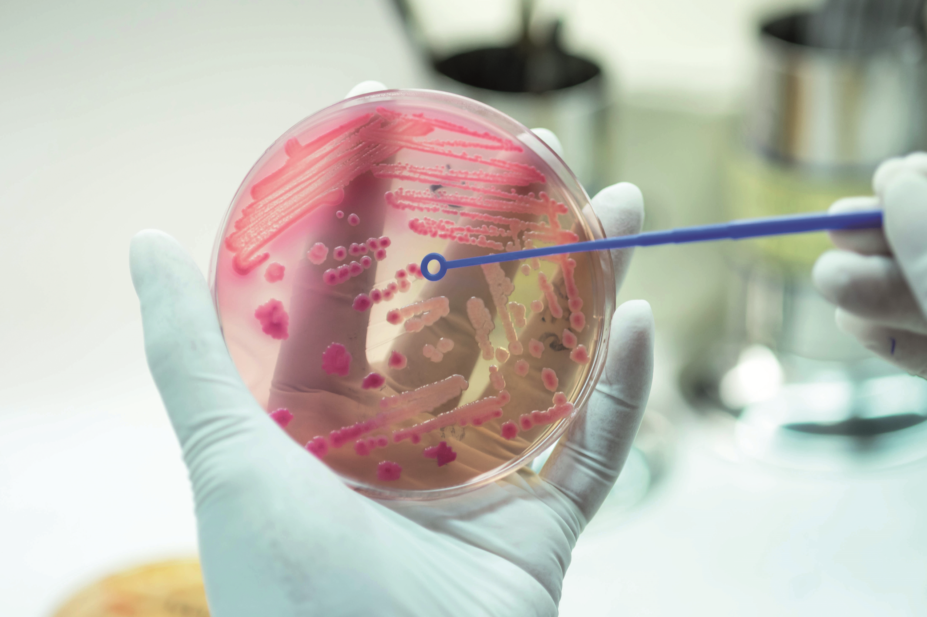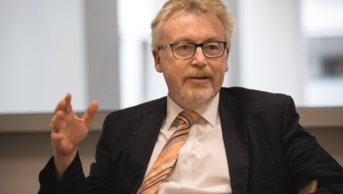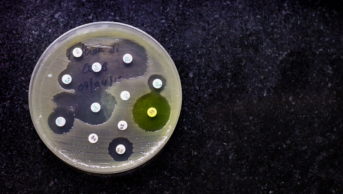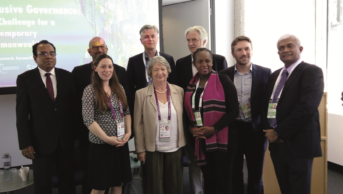
Shutterstock.com
A global project to help track and document diseases associated with antimicrobial resistance (AMR) has been launched by UK health charity, the Wellcome Trust.
The Trust will invest £2.4m in the project, which will also benefit from additional funding from the UK government and the Bill and Melinda Gates Foundation.
The announcement was made at the Call to Action conference in Berlin, a gathering of government ministers, scientists, industry officials, and civil society leaders to discuss the next steps in efforts to address AMR on a global level. The conference was organized by Wellcome in partnership with UK, Thai, and Ghanaian governments and the United Nations (UN) Foundation.
The Global Burden of Disease AMR project will collect data in a bid to create a map of disease and deaths caused by drug-resistant infections around the world.
The work will be carried out by researchers from the University of Oxford’s Big Data Institute and Centre for Tropical Medicine and Global Health, in collaboration with researchers from the University of Washington’s Institute for Health Metrics and Evaluation, the Wellcome Trust said.
The charity said that over the next four years, “researchers will collect data on select bacteria-antibacterial drug combinations, generating global estimates of resistance for these ‘bug-drug’ duos from 1900 to the present in 195 countries”.
“They will produce detailed maps to help policymakers and researchers develop tailored future studies and interventions,” it added.
Tim Jinks, Wellcome’s head of drug resistance, said: “The project will provide vital information on the spread and impact of drug-resistance — both critical to targeting global efforts effectively.”
A recent analysis by the Wellcome Trust and UN Foundation found that among 151 countries that responded to a questionnaire, 85% have developed, or are developing a national action plan to address AMR, but fewer than half (48%) have a plan that addresses AMR in the human, animal, and environmental sectors. Only 5% have a plan with adequate funding and monitoring in place.
In 2014, the World Health Organization (WHO) warned of the possibility of a post-antibiotic era, where even minor injuries could lead to life-threatening infections.


